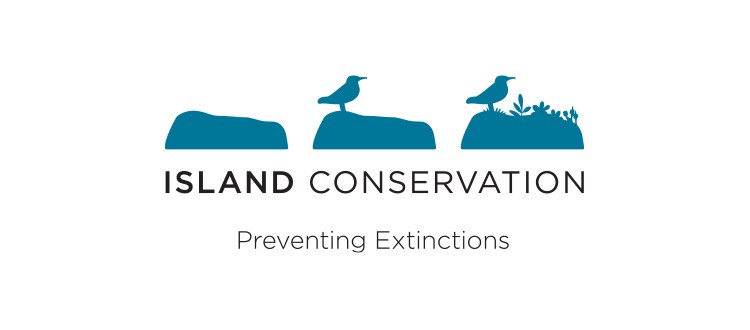March 11, 2025
Press Release: New eDNA Tool Can Detect Invasive Rodents Within an Hour
New environmental DNA technology can help protect vulnerable island ecosystems from destructive invasive species.
We use cookies to help you navigate efficiently and perform certain functions. You will find detailed information about all cookies under each consent category below.
The cookies that are categorized as "Necessary" are stored on your browser as they are essential for enabling the basic functionalities of the site. ...
Necessary cookies are required to enable the basic features of this site, such as providing secure log-in or adjusting your consent preferences. These cookies do not store any personally identifiable data.
Functional cookies help perform certain functionalities like sharing the content of the website on social media platforms, collecting feedback, and other third-party features.
Analytical cookies are used to understand how visitors interact with the website. These cookies help provide information on metrics such as the number of visitors, bounce rate, traffic source, etc.
Performance cookies are used to understand and analyze the key performance indexes of the website which helps in delivering a better user experience for the visitors.
Advertisement cookies are used to provide visitors with customized advertisements based on the pages you visited previously and to analyze the effectiveness of the ad campaigns.
Looking to make an impact this Earth Month? Here’s how.

In late August, a tropical rodent eradication review was launched with the convening of a meeting of an international group of experts at the University of Auckland, New Zealand. The goal of the review is to develop recommendations for improving the success rates of tropical island rodent eradications. More than 30 experts in island rodent eradications, island ecology, rodent ecology, and toxicology came together at meeting to review historical data, analyze successful and unsuccessful projects, and discuss new ideas and approaches to increase the success rates of rodent eradications on tropical islands.
Eradicating invasive alien species from islands is a tool proven to protect biodiversity and help restore ecosystem processes. Worldwide, there have been more than 400 successful eradications of invasive rodents from islands and about 50 unsuccessful attempts. Analysis of historical eradications reveals that efforts to eradicate rodents from tropical islands have been less successful than projects in higher latitudes.
“There is increasing demand for eradications to help counteract the growing extinction crisis, particularly in tropical areas where biodiversity is greatest, said Bill Waldman, CEO for Island Conservation. “This review will improve the rate of success by ensuring that the island restoration community has the best eradication advice from the world’s experts.”
The tropical rodent eradication review is being led by a consortium of groups including Island Conservation, Pacific Invasives Initiative (PII), Royal Society for the Protection of Birds (RSPB), BirdLife International, Conservacion de Islas, New Zealand Department of Conservation and the US Department of Agriculture (USDA). The first stage in the review included an analysis of completed rodent eradications to evaluate the lessons of past projects. The review is expected to conclude this year with publication of recommended best practice guidelines for tropical rodent eradications that will also be made available through the PII Resource Kit.
Read more about this exciting endeavor in this BirdLife International post.About Island Conservation
Island Conservation (IC) is a global, not-for-profit conservation organization whose mission is to prevent extinctions by removing invasive species from islands. Once invasive species are removed, native island species and ecosystems recover with little additional intervention. Since 1994, Island Conservation has deployed scientists to 52 islands worldwide to protect 994 populations of 389 native species. In 2012, IC launched the Small Islands, Big Difference (SIBD) campaign to save our world’s most vulnerable species. The SIBD campaign partners are rallying governments, NGOs, and bi-and multi-lateral institutions worldwide to support island invasive species eradications. IC is headquartered in Santa Cruz, CA with field offices in Australia, British Columbia, the Caribbean, Chile, Ecuador, Puerto Rico, Hawaii, and Washington, DC.
Contact:
Heath Packard, Island Conservation,heath.packard@islandconservation.org, 360-584-3051
You can view a .pdf and download a copy of this press release by clicking here.
Check out other journal entries we think you might be interested in.
Notifications